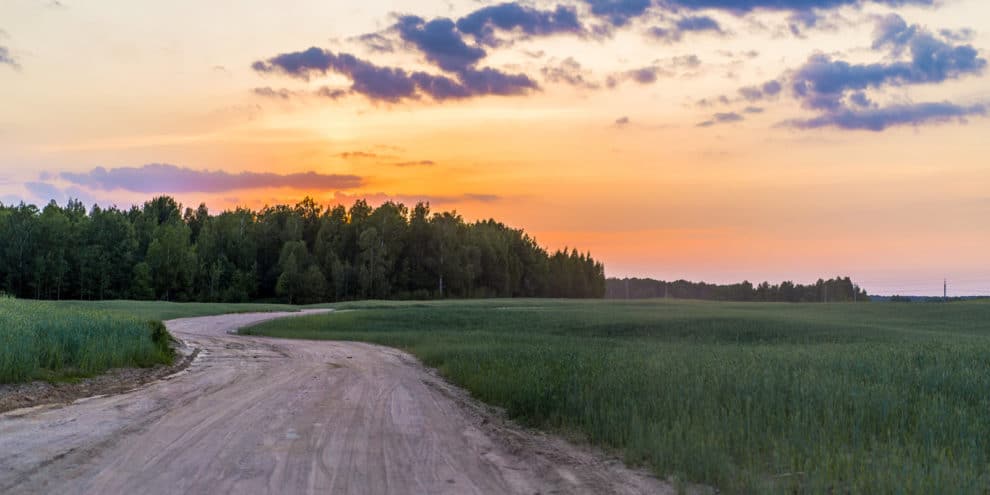Every recreational land buyer will have to answer a key question: Should you buy a property that has improvements like an access road and power, or would you rather purchase an unimproved tract that will require putting in those features later?
Getting to the best answer for you requires some thought; it’s important to understand the advantages of improved recreational properties vs. unimproved properties, so you can determine which type of property will best fit your needs.
Our company, PotlatchDeltic, sells both improved and unimproved recreational properties, and we’ve seen more and more interest in improved properties. In North Central Idaho, our sales pace has more than doubled over the past year for 6 to 20-acre properties that have improvements like roads, water, internet connectivity and power.
To help recreational land buyers in making this decision, here’s a look at the advantages of each type of property:
3 Advantages of Buying an Improved Recreational Property
- Buying an improved property reduces the time you would have to spend on getting the tract ready to use. Many buyers don’t want to have to find local contractors or work with the local utility companies for these improvements, so an improved property makes sense for them. Also, I think one of the biggest perks to buying a subdivision style of property is that there is a lot of cost sharing between parcels, both on the front end to run the utilities and in the future for sharing in road maintenance and snow plowing.
- You can use an improved property right away, whether it’s for camping or as a home base for your recreational and hunting activities, because the property will have good access.
- If you want to build a cabin or home, you’ll be further along in the process of getting the site ready, because some of the basic improvements will have been completed already.
3 Advantages of Buying an Unimproved Recreational Property
- An unimproved property is like a blank canvas, giving you the opportunity to decide where you want to put roads and where you want to run power and water.
- If you’re willing to take the time, you can find helpful local resources to recommend contractors and to give information on who to talk to for utilities.
- If you enjoy land clearing and working with heavy equipment, it can be rewarding to make some improvements yourself. For example, one of our Idaho buyers loves getting out on his property with a backhoe and doing site work himself.
There are also some other factors to consider as you make this decision. As one example, some buyers gravitate to improved properties that are in subdivisions with covenants, conditions and restrictions (CC&Rs) to regulate such things as the location and size of structures, or the types of animals allowed on the property. In Idaho, most buyers don’t want such restrictions, but, certainly, CC&Rs appeal to one segment of buyers.
If this decision-making process seems a bit complicated, it doesn’t have to be. The key is to work with a real estate expert who specializes in recreational land for sale. This expert will be invaluable during the sales process and provide beneficial input as you think about such things as making sure a property has legal access, identifying the location on the property for a quality homesite, or determining the quality of a tract’s wildlife and timber.
Then, after the sale, the best recreational real estate brokers stay involved, helping property owners by giving referrals to contractors, providing information about utilities, and offering advice for things to do in the surrounding area.
Written by Ben Ballard, Real Estate Manager for PotlatchDeltic, focused on recreational land sales in North Central Idaho.
This content may not be used or reproduced in any manner whatsoever, in part or in whole, without written permission of LANDTHINK. Use of this content without permission is a violation of federal copyright law. The articles, posts, comments, opinions and information provided by LANDTHINK are for informational and research purposes only and DOES NOT substitute or coincide with the advice of an attorney, accountant, real estate broker or any other licensed real estate professional. LANDTHINK strongly advises visitors and readers to seek their own professional guidance and advice related to buying, investing in or selling real estate.










Add Comment